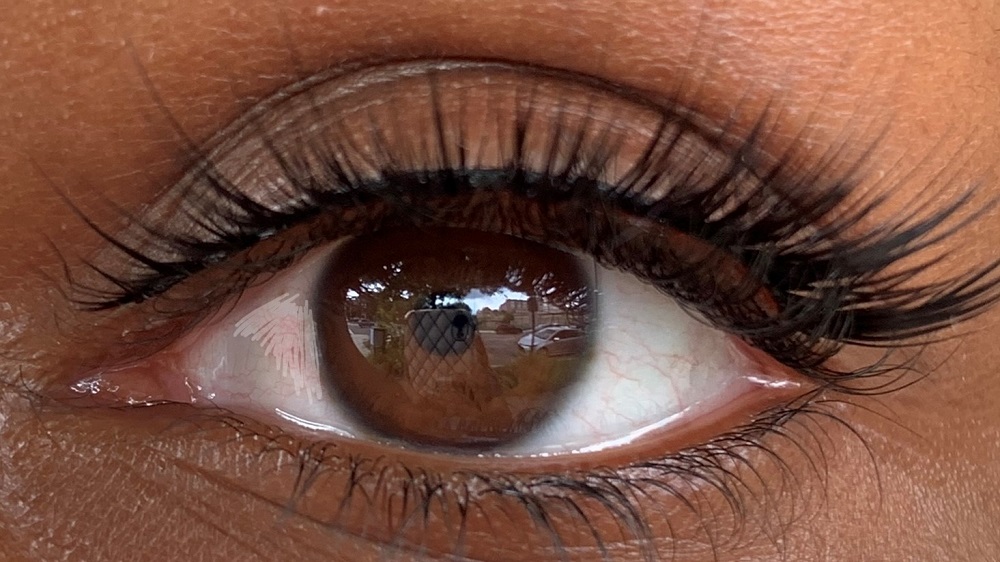
I wanted to start this post by saying something like, “I’ve always been confident in who I am and very opinionated.” But in reality, that’s not true. It wasn’t until my senior year of college that I really started to understand who I was and be able to express it. Coming out did that for me. It helped me feel more comfortable in my skin and confident in who I am, unapologetically. Since then, my focus on self-growth has been centered around being authentically me.
As a graduate student, I’ve found it easy to talk with my peers and professors without code switching or feeling awkward trying to fit in. Academia tends to present you with many opportunities to be yourself and grow. It’s something many of us take advantage of and we don’t even realize until after we graduate.
But in my professional work, a corporate environment, it’s much more difficult. Since the pandemic started, we have been working from home, but we have recently returned to staffing in-person conferences and events. Since I started my current job 18 months ago, I’ve proven myself to be capable, autonomous, and trustworthy to get my work done, and have even taken on stretch roles to qualify for a promotion. However, working in person has shown me how quickly someone’s trust in you can dwindle. It’s almost like once we moved from emailing and Teams to face-to-face, everyone noticed how small I am and how young I look and started to treat me as such.
Now I’m not the type of person to ruffle any feathers. I don’t like conflict, drama, confrontation, or anything that makes others uncomfortable. But it’s not healthy to prioritize others’ emotions over yours. I will not put on a mask to make someone else comfortable (figuratively — in times of COVID, I wear a face mask primarily to be considerate of others’ health and safety). As adults, we are responsible for our own emotions. I cannot and will no longer hide parts of myself or conform to another standard because my actions speak for my capacity to be professional.
We must challenge the notions of professionalism. These ideas were built in a time where white men dominated the workforce. But what has become apparent to me as a new professional is that professionalism is subjective. It’s subjective to the industry you work in, how long you’ve been with the organization, the seniority of your position, and unfortunately, in my experience, it’s subjective to your age, gender, and race.
My best advice to anyone struggling to present their true self in the workplace is to just do it — and do it early. Dye your hair, get that full sleeve tattoo, and wear the patterned top you think is too much. Because there is nothing wrong with you — your physical appearance and identities do not make you unprofessional. They make you you. And if you work for an organization that has an issue with that or asks you to conceal part of yourself to remain professional, maybe that organization isn’t the right fit for you. Knowing who you are and what you bring to the table will reinforce your stance to be unapologetically authentic.
I am a professional, but I’m also creative, observant, kind, energetic, fashionable, dedicated, passionate, an extroverted introvert, a Black woman, and a feminist. These traits not only help me be a better person, being authentically me, but they also make me a better employee. So now I ask, who are you?
Recommended Resources
- Disclosures in the Workplace and During a Job Search — This series of short videos from World Campus Student Affairs covers a range of disclosure-related topics, including how to evaluate workplace culture, when and how to make disclosures to employers, and ways to handle personal or sensitive questions during a job interview.
- Diversity and Inclusion Resources — We’ve compiled a list of advocacy offices and other resources that can provide helpful guidance, support, and information.



